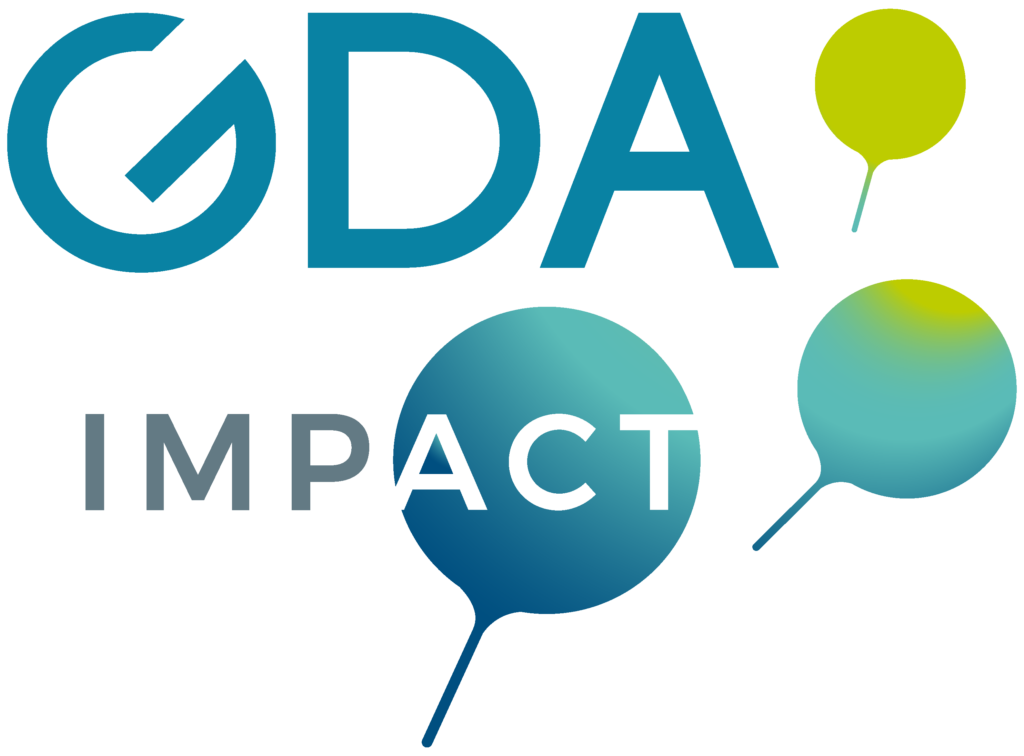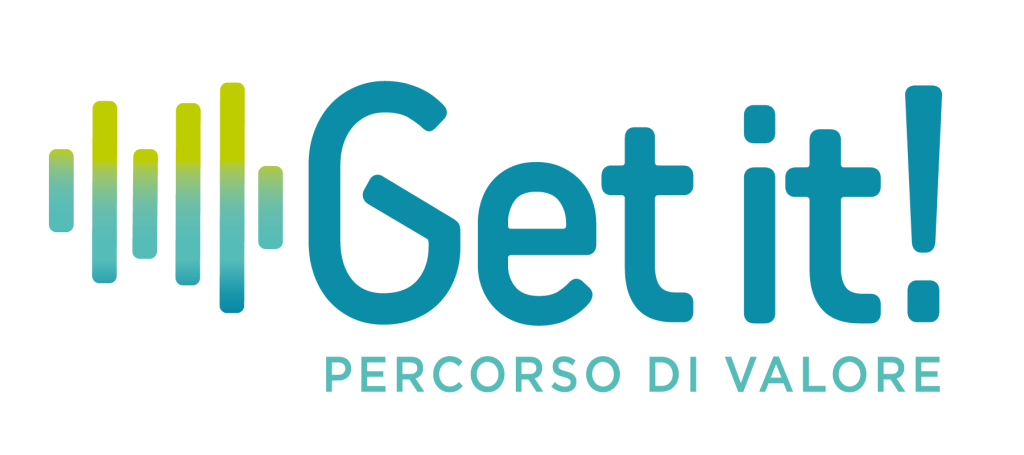Vivavoce is a medical center that specialized in the treatment of stuttering and language-related disorders. It was initially started in London under the name International Stuttering Center (ISC) but is also present in Italy, with 6 offices (in Milan, Udine, Bologna, Caserta, Rome and Catania). Fondazione Social Venture Giordano Dell’Amore, the strategic and operational arm of the Cariplo Foundation in the field of impact investing, has invested €404,053 in equity to support the social impact of the medical center.
Vivavoce is a Medical Center that specializes in the diagnosis and rehabilitation of all voice-related disorders and, specifically, represents excellence in the treatment of stuttering. In this context, it has developed a highly innovative rehabilitation treatment path, based on the MRM-S method (Muscarà Rehabilitation Method for Stuttering) – a one of a kind worldwide – that is practiced by a multidisciplinary team of professionals.
MRM-S is now scientifically proven, thanks to a project that has found widespread recognition within the international scientific community. The Method is not limited to teaching remedies to avoid stuttering (such as the prolongation of sounds, hyper-articulation, and chants) or to addressing the problem exclusively from a psycho-emotional aspect but, in addition, provides for the re-education of the person as a whole and as a unique individual, from the control of the single movement necessary to produce a phoneme, to the management of language in a context of anxiety and stress.
The rehabilitation path for stuttering that is proposed by the medical center is divided into three phases: the free individual interview, the Intensive Course that lasts for 5 consecutive days (which takes place at one of Vivavoce’s locations), and post-course Rehabilitation Work, which lasts for 6 months, taking place both on site and remotely, with the help of a proprietary app. The distinctive feature of the method also lies in the approach that integrates the use of technology and telemedicine with the face-to-face work with the patient.
There are two applications used to support rehabilitation: Riablo® and Biofeedback instruments.
Riablo® is a software program for the acquisition of the patient’s movement during the execution of exercises and the processing of that data via tablet, which enables better understanding of the motor patterns linked to the articulatory movement that underlies the phonatory movement.
The Biofeedback instruments, on the other hand, enable the viewing of some of the parameters that signal the activity of the Autonomous Nervous System (skin conductance, temperature, heartbeat, breathing, etc.). Knowing the variation in these parameters in real time during stressful events (such as, for example, the announcement to make a phone call), the patient, with the help of their designated professional, learns to manage even the most emotional aspects related to phonation.
Then comes the Vivavoce© app used in the 6-month post-course phase, which instead enables patients to receive daily follow-up from their designated professional, thus improving the effectiveness of the remote rehabilitation phase. A new app is currently being studied that will enable the integration and optimization of the rehabilitation process with the technology already in use (the device and Biofeedback), thus facilitating true remote rehabilitation sessions with Vivavoce professionals.


